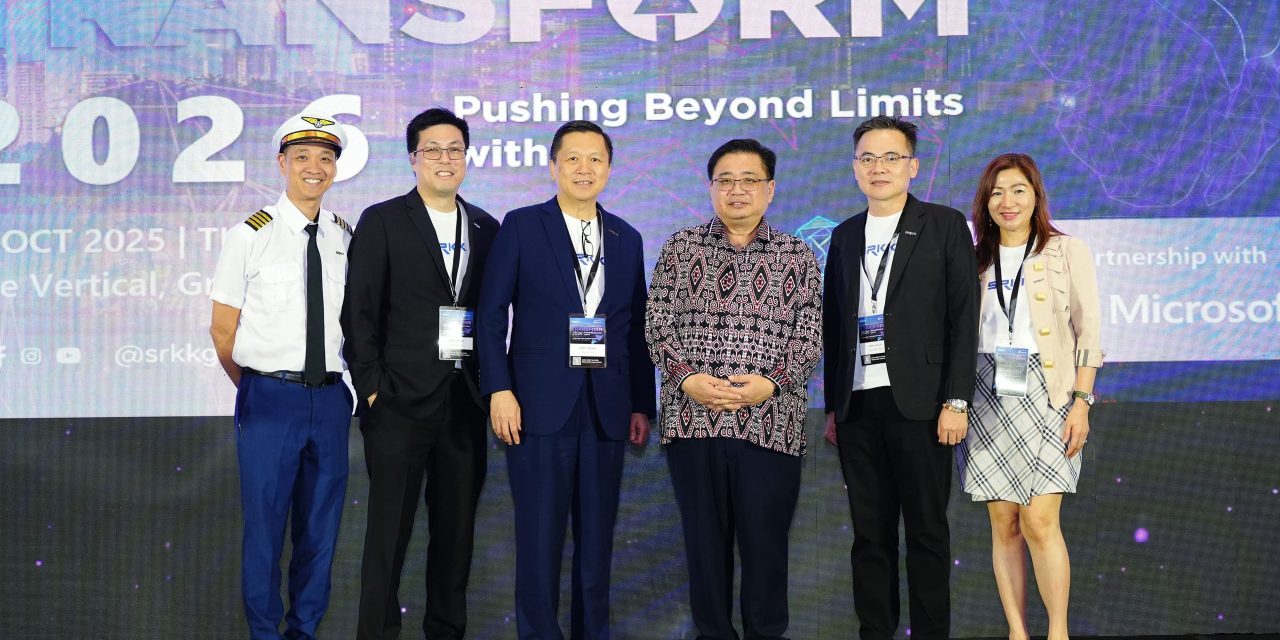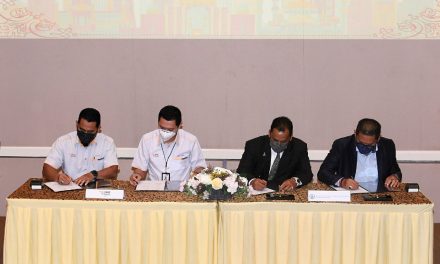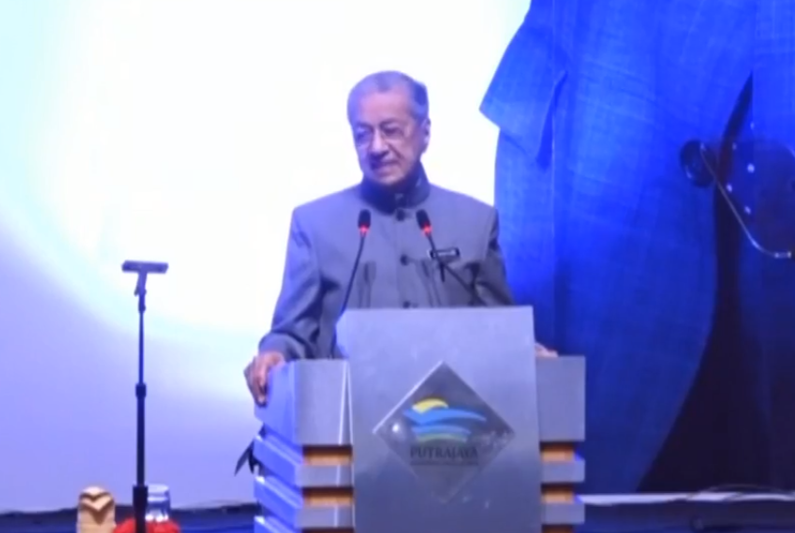Budget 2026 incentives, national policy frameworks and dedicated centres are set to break new ground. The Ministry of Digital highlights the MyDigital Blueprint’s goal to create 500,000 new high-skilled digital jobs and cultivate a thriving ecosystem of 5,000 startups by 2030.
Digital transformation player SRKK Group believes that Corporate Malaysia is poised to advance into the AI-execution era, as AI-awareness breaks new ground with Budget 2026 incentives, national policy frameworks, and dedicated centres fostering collaboration and excellence.
SRKK, which has completed digital transformation projects for Government-linked companies and large corporations, has not only seen an increasing spate of enquiries, but also undertaken an expanding and increasingly-complex scope of works that harness AI capabilities in recent times.

SRKK Chief Executive Officer Yew Lip Sin said, “In recent years, the nature of these projects have evolved from document automation to more complex tasks like enabling AI-integrated production workflows, data retrieval from knowledge repositories with natural language and AI-driven demand forecasting to help companies be ahead.”
“Moreover, these have been implemented across large-scale manufacturing, logistics and retail sectors. In every instance, AI has enhanced internal efficiency and external scalability, preparing companies to thrive and expand in the next era. We are buoyant that the digital economy and AI strategies in Budget 2026 would boost the uptake from more corporations, propelling Malaysia firmly from awareness to execution phase,” added Yew.
Yew was speaking at the TRANSFORM 2026 conference, graced by Ministry of Digital Secretary-General Tuan Fabian Bigar as the guest of honour, and attended by more than 800 participants.
In his speech, Ministry of Digital Secretary-General Tuan Fabian Bigar said that the Government’s recognition of AI as the engine to power transformation has led to the establishment of Malaysia National AI Office (NAIO) and development of the National AI Strategy Framework 2026-2030 to drive AI adoption and innovation across all sectors.
Elaborating on the digital economy as one of the pillars to Malaysia’s objective of becoming an AI nation by 2030, he said, “In the MyDigital Blueprint, our goal is to create 500,000 new high-skilled digital jobs and to cultivate a thriving ecosystem of 5,000 startups by 2030.”
“Malaysia ranked 24th in the world for AI readiness in the Oxford Insights Government AI Readiness Index 2024. What is important is what we do. We need to break down the silos that hinder collaboration, work together towards our shared objective of a digital future. It requires a whole-of-nation approach, a symphony of collaboration between public and private sectors, academia and civil society.”
The Ministry of Digital estimates for AI to generate approximately US$115 billion (RM486 billion) in productive capacity for Malaysia by 2030. National strategies and frameworks anchoring the potential growth of the AI sector include the Malaysia Digital Economy Blueprint 2021-2030 and National Guidelines on AI Governance and Ethics, which are reinforced further with NAIO.
Amongst the incentives in Budget 2026 to boost AI adoption is the 50% additional tax deduction for small and medium enterprises who undertake AI and cybersecurity training recognised by MyMahir National AI Council for Industry, jointly led by TalentCorp and MyDigital.
The Government also allocated RM18.1 million for the NAIO, in line with its expanding role to shape Malaysia’s AI strategies and policies while fostering collaboration across ministries, Government agencies and the private sector.
Yew commented, “We laud the Government’s balanced-yet-proactive approach of encouraging the usage of AI to harness its benefits while establishing policy frameworks as a safeguard measure. SRKK will continue to engage with the Ministries and agencies, as well as create avenues such as TRANSFORM 2026 to foster dialogue and collaborations amongst technology providers, users and policymakers to strengthen the AI ecosystem.”
The fourth iteration of TRANSFORM 2026 focused on building cybersecurity resilience, with keynote speakers and panel discussions on the blueprint for secure AI adoption, the state of Malaysia’s AI and cybersecurity landscape, and future-proofing security in the AI era.










